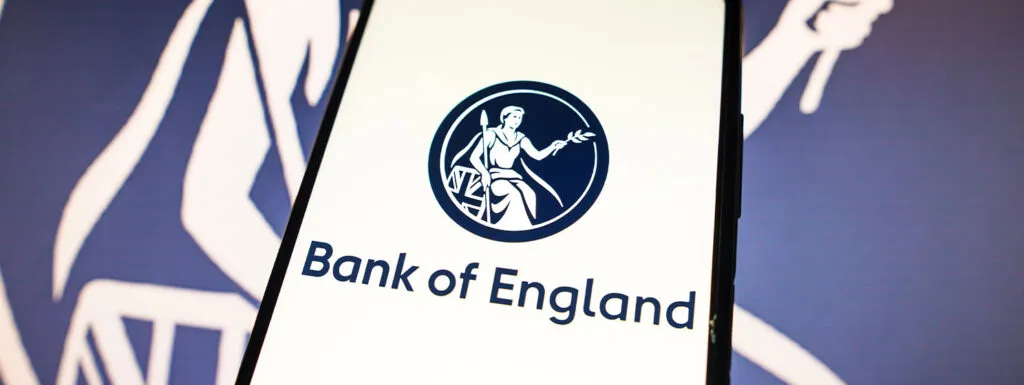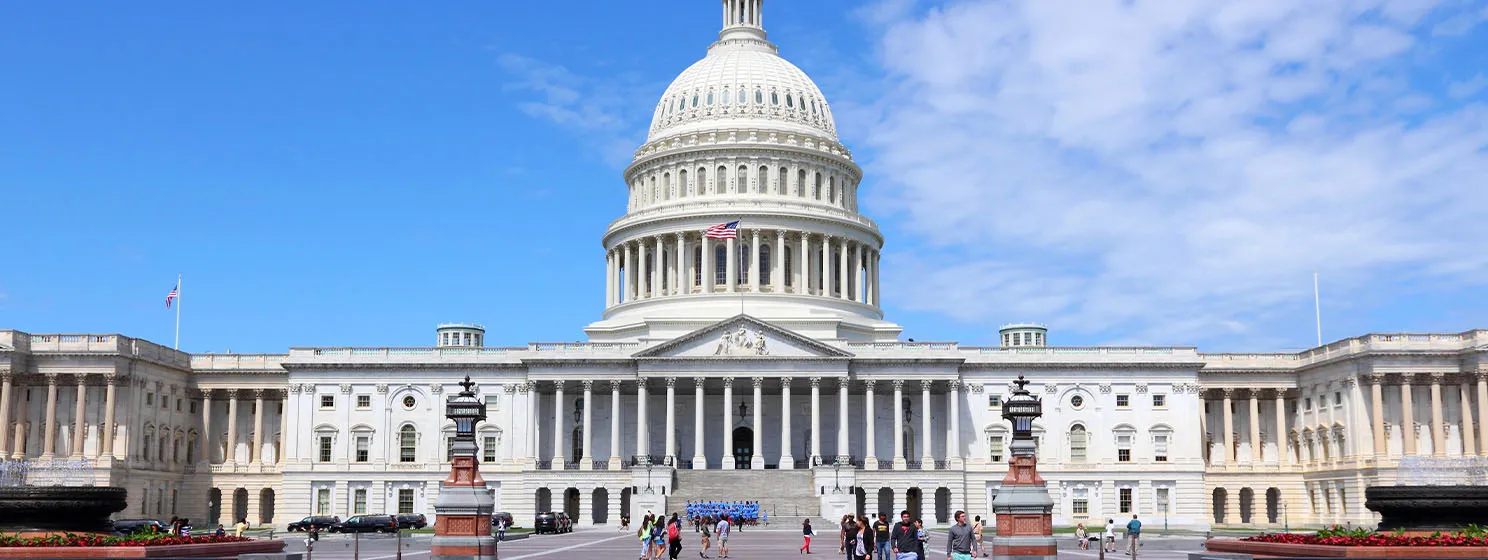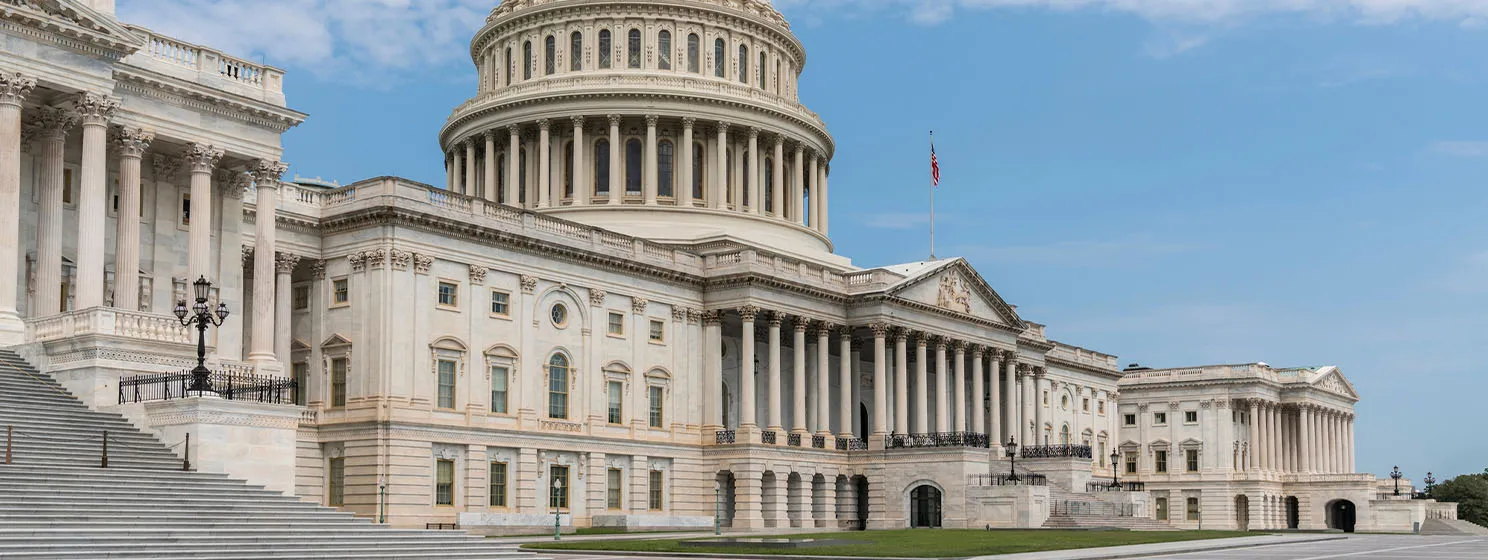
Bank of England
BoE sees tokenization, stablecoins relative to financial system
At City Week 2025, Sasha Mills from the Bank of England discussed creating a "mixed ecosystem" with tokenization, DLT, and...
Bank of England set to introduce stringent rules in 2026
The BoE's planned regulations would include standardized templates outlining banks' exposure to digital assets and ensure alignment with the BCBS.
UK’s FCA consults on stablecoin, digital asset custody law
The U.K. is getting ready to create 'crypto' rules, and the FCA is asking for public input on two papers...
UK’s CBDC advances with creation of sandbox-like laboratory
In its CBDC progress update, the Bank of England announced the creation of a Digital Pound Lab, which works similar...
WEF highlights tokenization’s transformative impact
The World Economic Forum published a report justifying the popularity of tokenization globally as financial institutions and enterprises launch projects...
Bank of England examines privacy enhancing technologies for CBDC
With the growing interest in CBDCs, the Bank of England released a paper in collaboration with the MIT Digital Currency...
Recent
Trending
Most Views

 07-12-2025
07-12-2025 




























